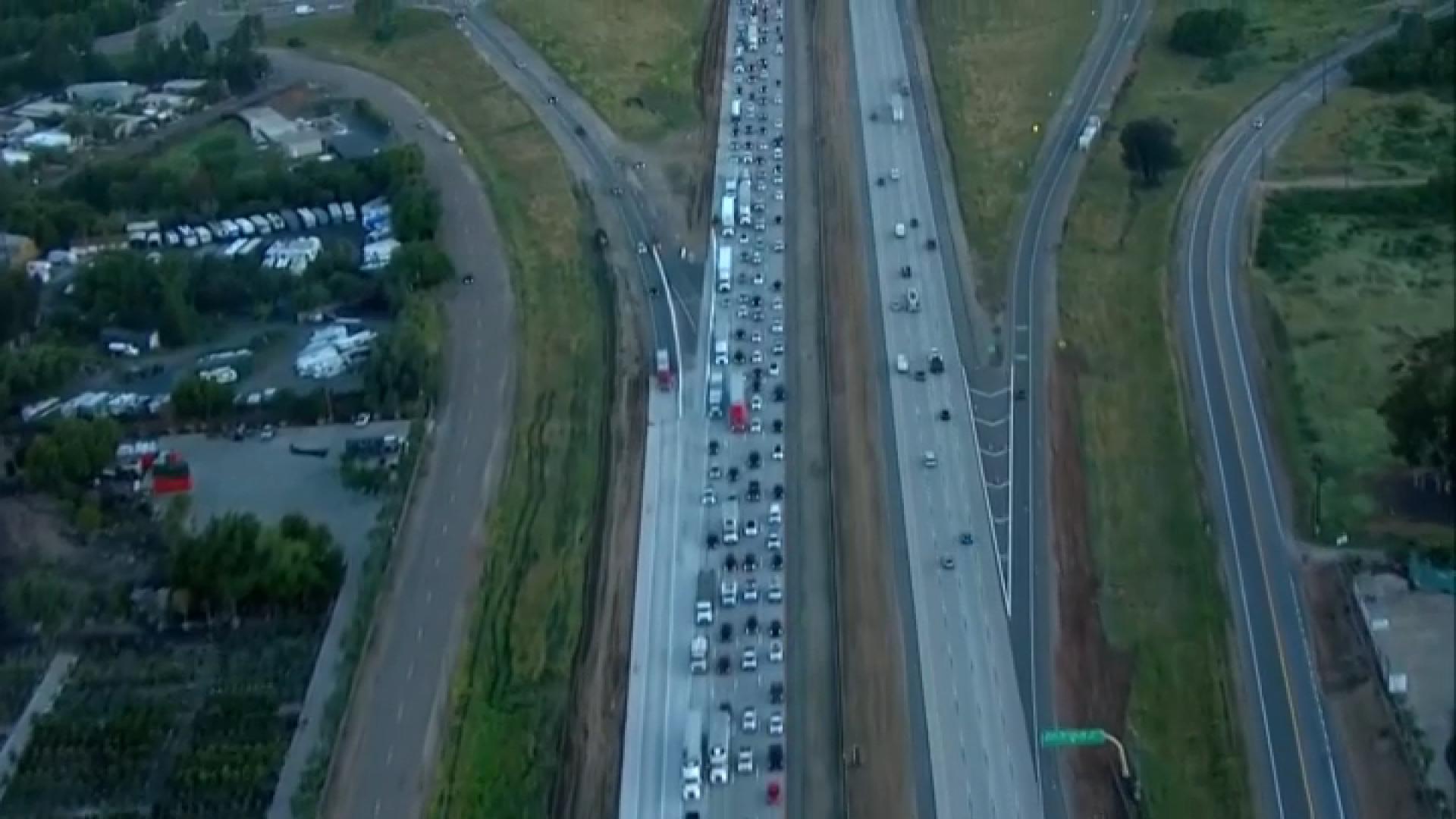NBC 7's Gene Cubbison offers this analysis of the latest developments behind the Chargers stadium scramble.
Stadium talks among the Chargers, city and county officials are due to kick off in ten days.
But early indications – according to informed NBC 7 sources close to the run-up to the negotiations – are that the financing plan put on the table earlier this week won't make the playoffs.
This has been the prediction of "conventional wisdom" for weeks, as well as that of unconventionally wise people.
The mayor's stadium advisors were given a hurry-up mission with almost impossibly long odds of selling sell voters on -- much less the Chargers and NFL.
But all is not lost. Yet.
Just don't be quick to believe in miracles.
"This may be dead on arrival; this just may be an exercise in futility,” said Tony Perry, longtime San Diego bureau chief for the Los Angeles Times, whose sportswriters are on the cutting edge of nationwide media coverage of NFL stadium relocation developments.
“But it is an exercise that the mayor and others are destined to continue at,” Perry said in an interview Thursday. “Again, a lost cause perhaps. But no reason to throw the towel in. On the other hand, I don't see any good numbers, vibe out there. I just see it as very, very difficult. And that figure is a great big figure."
But let’s not get bogged down by that great big figure and all the dollar signs the stadium advisers attached to it -- even forgetting some -- only to miss the forest for the trees.
For all the rah-rah among the Chargers' fan base here and points north, there's a competing plan in Carson that skeptics may think is a bluff but 'smart money' says looks more like a 'Real McCoy,' so to speak.
"Economists have shown time and again there's not an economic generator to the city. There's no financial benefit to the city to having a stadium here,” said Liam Dillon, who’s extensively covered municipal finances and stadium relocation issues for The Voice of San Diego.
“Sure, there's a civic benefit, and intangible and civic pride of having a football team in your town,” Dillon acknowledges. “But there are lots of other things that this city needs … there's not an unlimited source of money for everything."
Local
Probably the only thing for certain is that whatever 'smart money' knows right now, it could change just as quickly as Thursday’s mottled cloud patterns over Qualcomm Stadium.
Ultimately, the screenplay is being written at 345 Park Avenue in New York -- headquarters of the NFL -- and the league is not in business to make friends.
Just money -- wherever it has to be chased.
"Indeed the NFL is a cartel and in any negotiations, it is thoroughly one-sided,” Perry echoes. “They own the product, they own a very popular product. Football is a game, a wonderful game. The NFL is a business, and we're stuck between the two."
The stadium advisors went in knowing, and warning, that their plan would just be “starting point for discussions” -- not anywhere near a finishing point.
Assuming the Chargers stay at the table for any length of time, and they’ve been decidedly chilly toward local interests, talks could wander all over the map and digital calculators between here and LA.
In any case, there's a reassuring note: NBC 7 sources say the NFL's bluster about stadium relocation decisions by year's end really isn't carved in stone.
The league, they caution, won’t move in haste only to fail – and repent at leisure.
Stan Kroenke’s bold bid in Inglewood may have stampeded two other franchises and gas-lighted the Armani suits at 345 Park Avenue.
But it’s said Kroenke’s being fitted for heavy baggage that’ll tax him big-time, before a maverick move eventually might pay off downstream.
If and/or when he winds up in Inglewood, it’s expected that a locker room for a second team will stay open for quite a while -- to accommodate the Chargers, if need be – or to serve as continuing L.A. leverage for other franchise owners looking to boost their bottom lines.



